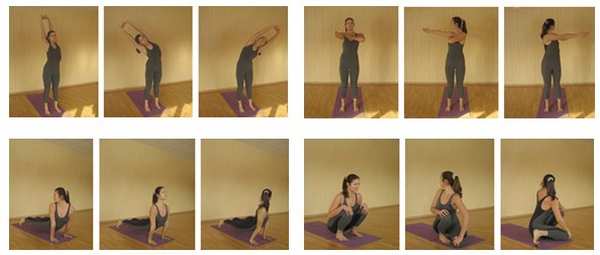
What does it mean to be smart? Is it really a measurable characteristic, which can be expressed in a precise value such as the IQ, or is there something else? On this point, scholars disagree: for example, according to Howard Gardner, psychologist and professor of neuroscience at Harvard, we cannot speak of 'intelligence' in the singular, but we must distinguish as many as 8 different types.
Don't store avocado like this: it's dangerous
What does it mean to be smart? Is it really a measurable characteristic, which can be expressed in a precise value such as the IQ, or is there something else? On this point, scholars disagree: for example, second Howard Gardner, psychologist and professor of neuroscience at Harvard, we cannot speak of 'intelligence', in the singular, but we must distinguish as many as 8 different types.
La Gardner's multiple intelligence theory was first formulated in 1983, challenging a traditionally accepted viewpoint, which regarded intelligence as a unitary cognitive capacity, easily measurable through short-answer tests, aimed at evaluating the mathematical skills, language skills and spatial visualization of an individual.
According to Gardner, this model was reductive, as defined by a too narrow spectrum of skills and unable to explain 'anomalies', such as the musical genius who has difficulty in spelling or the brilliant linguist who cannot correctly execute simple mathematical calculations. For this, Gardner called for a more open, qualitative approach.
According to his theory, they exist eight different types of intelligence, understood as skills needed to solve a problem or create something. Such intelligences reflect different ways of interacting with the world, and each person is endowed with a unique blend of them.
The 8 intelligences identified by Gardner are:
Index
linguistics
It allows individuals to communicate effectively through language. Examples of this type of intelligence include the ability to compose poetry, the ability to rhyme and produce puns, the inclination to storytelling, and even ease in studying foreign languages.
Music
It allows people to recognize, create, understand and communicate sounds. It is typical of composers and musicians and includes the ability to capture or replicate a certain rhythm, with an instrument or with the voice.
Logical-mathematical
It enables individuals to understand, appreciate and use abstract concepts, symbols and relationships. It is the basis of deductive reasoning and is typical of scientists, mathematicians, philosophers.
Spatial
It allows the perception of visual and spatial information and their memorization. It is an intelligence that unites, for example, sculptors, painters, architects and engineers, but also sailors and aircraft pilots.
Bodily-kinesthetics
It allows people to use their bodies, in part or entirely, to create something or solve a problem. It mainly concerns coordination and is typical of athletes, gymnasts, surgeons, dancers and craftsmen.
interpersonal
It is also sometimes referred to as 'social intelligence' and allows you to interact effectively with others and empathize with their moods, feelings and motivations. It is generally found in psychologists, politicians and mediators.
Intrapersonal
It allows you to grasp and understand your individuality in all its facets and to act in coherence with it. It also allows you to identify with personalities other than your own. It is not typical of a specific career but should be pursued by everyone.
Naturalistic
It allows you to identify and recognize certain natural objects, to classify them in a precise order and to grasp the relationships between them. It is typical of those who live and work in close contact with nature.
Gardner's theory of multiple intelligences is not unanimously accepted by the academic world and is still highly debated. Among the criticisms that have been raised most frequently there is having defined the different intelligences in an all too subjective way.
As far as we are concerned, however, without wanting to delve into the maze of academic disputes, we must confess that the idea that each individual can be a unique and unrepeatable mix of different skills, among which there are one or two more pronounced and evident, has a great charm. So much so that, at this point, with a table of intelligences in hand, each of us can stop and think for a while, ask ourselves "What kind of intelligence do I have?", Trying to better understand something about ourselves and the people who surround.
Lisa Vagnozzi
READ also
The 10 smartest animals in the world
Brain Food: here is the diet that is good for the brain and makes us smarter


























